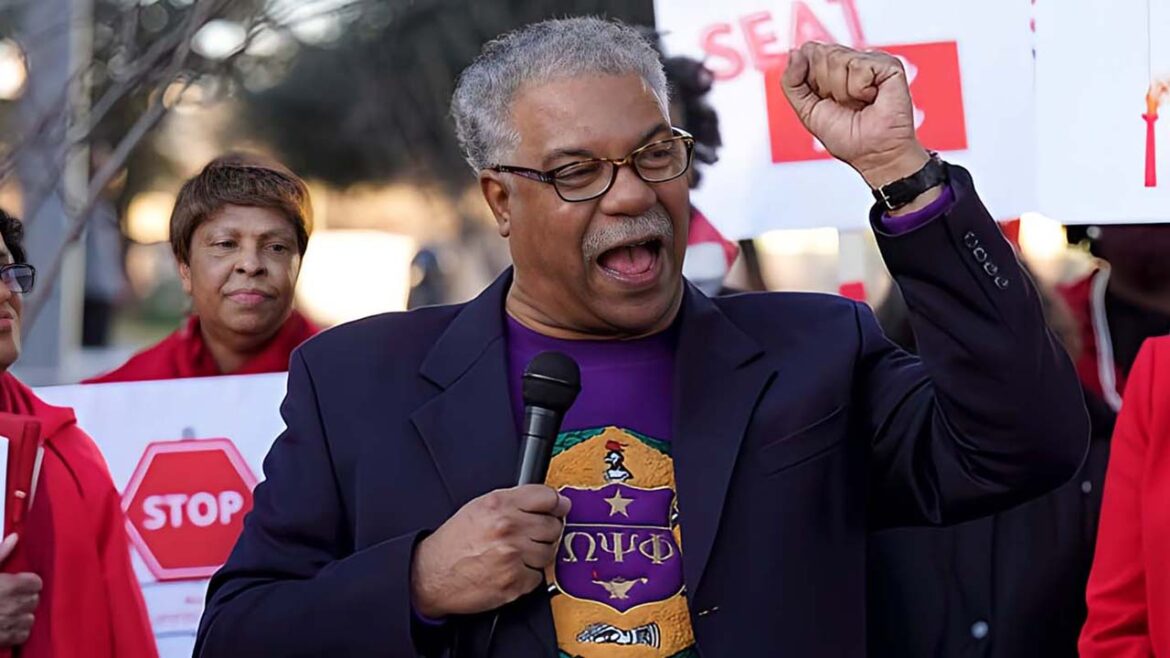The 2024 U.S. presidential election has once again showcased the impact of civic engagement and the vitality of democracy. From historic voter turnout to intense policy discussions, this election emphasized the power of individual voices in shaping the future of the country. Yet, while Election Day has come and gone, the importance of ongoing civic participation remains crucial to ensuring the health and strength of democratic institutions.
A High-Stakes Election and Record Turnout
The 2024 election cycle saw one of the highest voter turnouts in U.S. history, indicating a renewed level of engagement from Americans across all demographics. Many voters expressed that economic concerns, social justice, healthcare, and education reform were key motivators at the polls, with exit polls showing that Americans were deeply invested in who would represent their values and priorities at the highest levels of government. This high turnout serves as a reminder that when citizens engage fully in their civic responsibilities, they can effect real change and hold leaders accountable for their actions.
The Role of Local and State Elections
While presidential races often capture the most attention, the 2024 election also highlighted the importance of state and local races. Governors, senators, representatives, and local officials have a direct impact on day-to-day governance, often shaping policies related to education, healthcare access, housing, and public safety. By voting in these elections, citizens have a say in how their local communities are managed, influencing decisions that often impact their lives even more directly than federal policies. The influence of state and local elections demonstrates that every level of government is an essential component of a functioning democracy, and that civic engagement should extend beyond presidential election cycles.
The Need for Continued Civic Engagement
Civic engagement is not a one-time action; it is an ongoing responsibility. To sustain a healthy democracy, citizens need to stay informed, hold elected officials accountable, and advocate for issues that matter to them. Organizations, community groups, and advocacy coalitions provide vital avenues for citizens to participate in policy discussions, access voting information, and influence decisions that affect their lives. In addition, programs that educate and empower voters—especially in underrepresented communities—are essential for fostering an inclusive democracy where every voice is heard.
In sum, the 2024 election demonstrated the power of a fully engaged electorate. By continuing to participate, Americans can ensure that their government remains accountable and responsive, keeping democracy thriving.
Photo Credit: Judson W. Robinson Champions Voter Rights in Texas – oppf.org


